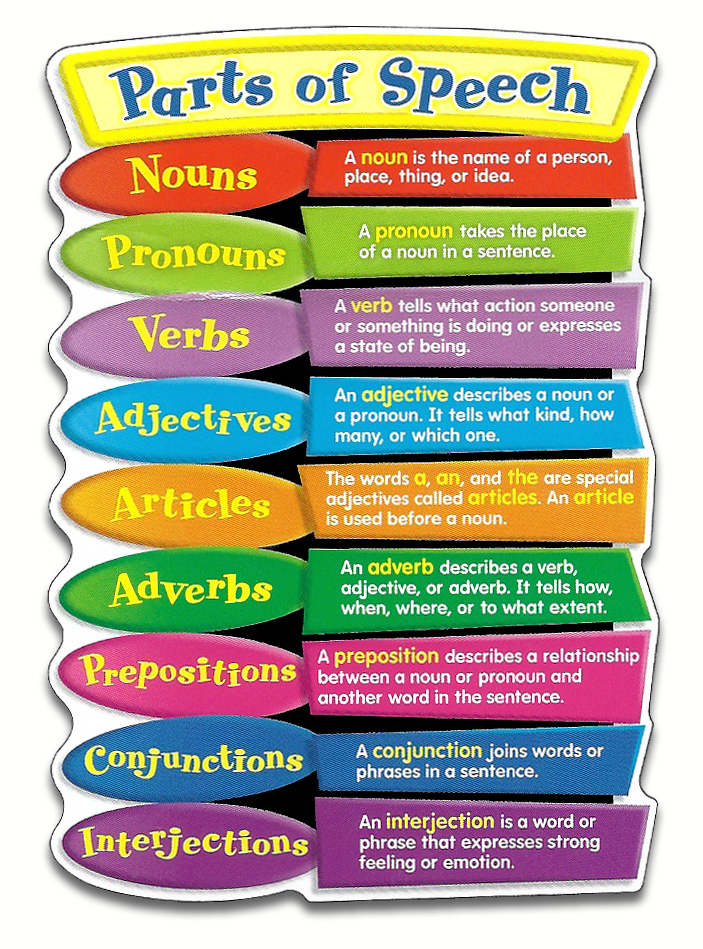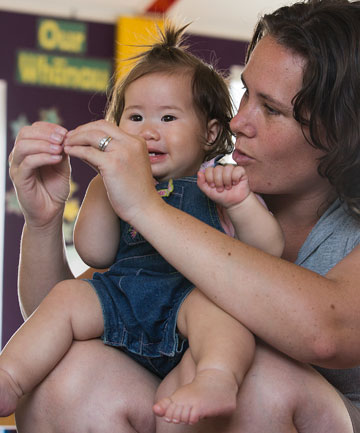New Questions About Learning Language: Nouns vs Verbs?
Not all words are created equal, especially when learning language. This is why baby’s first word probably isn’t “clap” or “jump.” Not because they’re hard to say exactly, but because they are verbs and according to a new study from researchers at Northwestern University, the acquisition of different parts of speech (nouns or verbs) might be shaped by the language a child is acquiring. Some suggest that infants learn nouns and verbs similarly and their acquisition is universal. Others, however, argue that learning nouns first is a consequence of the specific language a child is learning. Is speech and language development universal? And how does this impact speech therapy across cultures and among bilingual clients?
A noun is a word (other than a pronoun) used to identify any of a class of people, places, or things. While a verb is describes an action, state, or occurrence. A noun can easily depicted by pointing to something, touching it, feeling it, etc. The item never changes. While a verb changes and occurs in a much more fleeting state- making it harder to learn.
What do all children have in common?
According to lead researcher Sandra Waxman, we know that children across all languages have a robust ability to map nouns to objects and that learning verbs, however, is quite different. Waxman says that when infants must map verbs onto events, their performance is less robust and more variable. Previous research has highlighted the neurological difference in processing these words by showing that how the brain that activates when a person learns a new noun is different from the part used when a verb is learned.
What’s the difference between children acquiring different languages?
Interestingly, according to the research, infants’ ability to learn new verbs varied not only as a function of the native language being acquired, but also with the particular linguistic context in which the verb was presented.
Future Research
Waxman says that new research into the development of language should shift their agendas towards examining the impact of different languages on the complexities of language acquisition and cognitive development. What are currently categorized as “noun friendly” or “verb friendly” languages should be reconsidered, Waxman says, according to the finer details of the language including grammar, syntax and morphology. Further, new studies should focus on children under 24 months who are acquiring distinctly different languages because by this age, they can already map novel nouns to objects and novel verbs to event categories.
For Parents
Parents of all children should expect noun language to appear first. These include “mommy” “milk” “ball” and “daddy” so do not panic if verbs like “eat” or “play” do not immediately appear, this is normal. In order to better understand the implications of a child’s native languages on the types of first words they develop, more research is needed. Parents should consider involving their children in research, even if they are not learning two languages so that developmental scientists can continue to study the acquisition of language and cognitive growth over time.






This website was… how do I say it? Relevant!! Finally I’ve found something which helped me.Kudos!